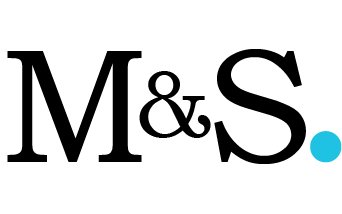Assurance of Sustainability-Linked Loans
Building trust in Sustainability-Linked Loans in Aotearoa New Zealand through independent third party assurance.
What are Sustainability-Linked Loans (SLL)?
Sustainability-linked loans (SLLs) are becoming more common in Aotearoa New Zealand. Unlike green loans, which fund specific environmental projects, SLLs give financial rewards (like lower interest rates) when a company achieves certain sustainability goals. These goals could include reducing carbon emissions, improving energy efficiency, or other targets that show better environmental or social performance. An example for this is the New Zealand Local Government Funding Agency that offers Green, Social & Sustainability Loans (GSS loans) to councils and council-controlled organisations at a discounted margin.
But how do lenders know if these goals have really been met? That’s where auditing and assurance come in.
What is SLL assurance, and why is it important?
Just like in financial or carbon assurance, an independent expert checks and confirms whether the company has achieved its agreed targets. It gives confidence to both the lender and the borrower that the results are real and trustworthy.
Without assurance, there is a risk that targets are reported inaccurately, either by mistake or because there is an incentive to report better results. This can damage trust in SLLs as a financing tool. For this reason, guidelines like the ICMA Sustainability-Linked Loan Principles and AMPLA/LMA/LSTA Sustainability Linked Loan Principles recommend getting independent assurance to ensure the accuracy of reported targets.
How does the auditing or assurance process work?
1. Target Design Review
Before the loan is finalised, the assurance provider reviews the sustainability targets to make sure they are:
Relevant to the company’s operations.
Ambitious enough to make a real difference.
Clearly defined and measurable.
2. Reviewing Performance Data
At each reporting milestone (often annually), the company’s data is checked and assessed to see if the targets have been met. This includes:
Looking at data sources and whether it is reliable.
Checking the calculations used to measure progress.
Confirming the results match what is reported to the lender.
3. Reporting
The final stage of the audit is a formal assurance report that states whether the targets have been achieved as agreed. This report goes to the company and the lender.
What should sustainability professionals keep in mind when preparing for an SLL audit?
For those reporting and managing Sustainability-Linked Loans in their organisation it is important to:
Involve your auditors early when setting targets to make sure they can be verified later.
Make sure your data systems are organised and accurate, as they will be reviewed in detail.
Remember that internal tracking of targets is not the same as independent assurance. Both are important.
Stay up to date with changing standards and market expectations to keep your SLL credible.
Independent assurance builds trust in your results. It shows your organisation is serious about meeting its sustainability commitments and helps maintain confidence in sustainability-linked financing in Aotearoa New Zealand.
Feel free to contact us at info@mchugh-shaw.co.nz to discuss your assurance requirements for your Sustainability-Linked Loans.
Last updated August 2025

